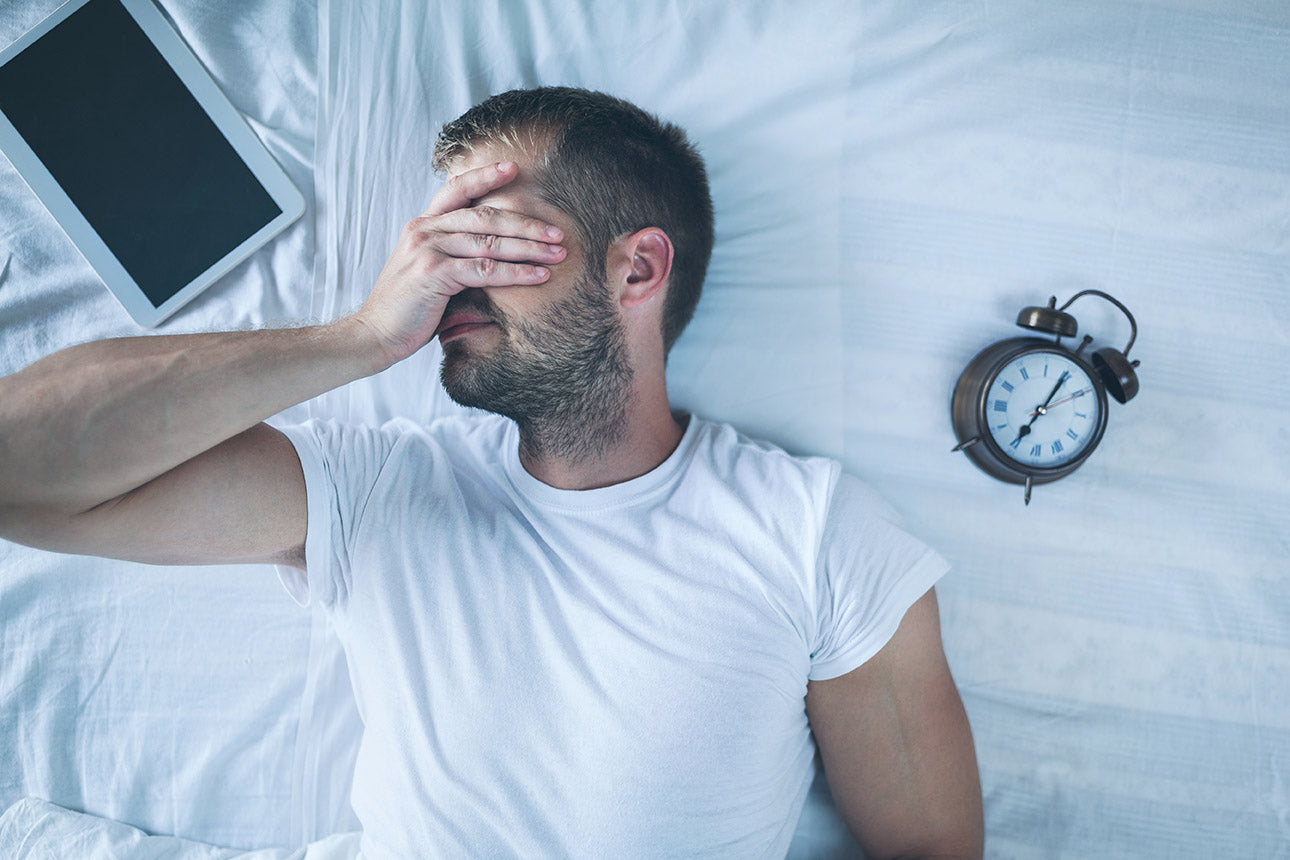Sleep is just as important to your physical and mental health as your diet and physical activity. While you sleep, your mind and body are still at work, replenishing from the day and getting ready for the next. About one in three people don’t get enough sleep. Poor sleep can result in a variety of problems, but consistently falling short of the suggested seven hours can also result in sleep deprivation.
Sleep Deprivation Defined
You develop sleep deprivation if you routinely don’t get enough sleep. Each person will require a different amount of sleep, and a number of factors can contribute to sleep deprivation. Medical conditions, difficult scheduling, or even poor bedtime routines that prevent you from giving yourself enough time to fall asleep could be the root of the problem.
Although almost everyone eventually feels the effects of not getting enough sleep, sleep deprivation has more lasting effects than just one restless night. To properly address sleep deprivation, you may need to make changes to your lifestyle or enlist the aid of a medical professional.
Sleep Deprivation Symptoms
Lack of sleep can have some detrimental effects on your body and mind. Sleep deprivation may even start to affect almost every aspect of your day, from your mood to your memory. Each person is affected differently, and the symptoms you might encounter depend on how severely you’ve been sleep deprived. The longer you have been awake, the more severe the side effects of sleep deprivation will typically be. The following are some of the most typical signs and health issues associated with lack of sleep:
- Daytime sleeping
- Irritability, or moodiness
- Lack of drive
- Difficulty or inability to focus
- Impaired performance
- Forgetfulness
- General unease or feeling sick
- Confusion
Sleep Deprivation Prevention and Treatment
You do have some protection against sleep deprivation, of course. There are many actions you can take to combat it when you’re having trouble falling asleep, to treat it on days when you’re feeling groggy, or to stop it from happening in the first place. Some of the most effective ways to combat sleep deprivation include:
Meditation
You can improve the quality of your overall sleep by using relaxation techniques such as meditation, mindfulness, and other relaxation methods in addition to aiding in sleep onset. According to one study, meditation may even shorten the amount of time you need to sleep. Sleeping more easily can result from relaxation and stress reduction brought on by meditation.
You can incorporate meditation in a variety of ways into your daily routine to encourage sleep. Prior to going to bed, while trying to fall asleep in bed, as soon as you wake up, or during the day when you have some free time, you can choose to meditate. Follow your needs and schedule to the letter.
Invest in a Better Mattress
Naturally, the surface you sleep on has an impact on how well you sleep. A new, high-quality mattress can increase the quantity and quality of sleep you get, whereas a worn-out or uncomfortable mattress can make sleep less restful. The best kind of mattress really depends on your preferences and needs, though you might benefit more from a softer or firmer mattress.
Avoid Using Electronics Before Bed
Even though technology is becoming more and more prevalent in daily life, you might want to avoid using your phone, computer, and other electronics in your bedroom. The blue light emitted by smartphones and computers is known to increase alertness and mood. Different colors of lights have different effects. While that might be advantageous during the day, it might interfere with your sleep.



